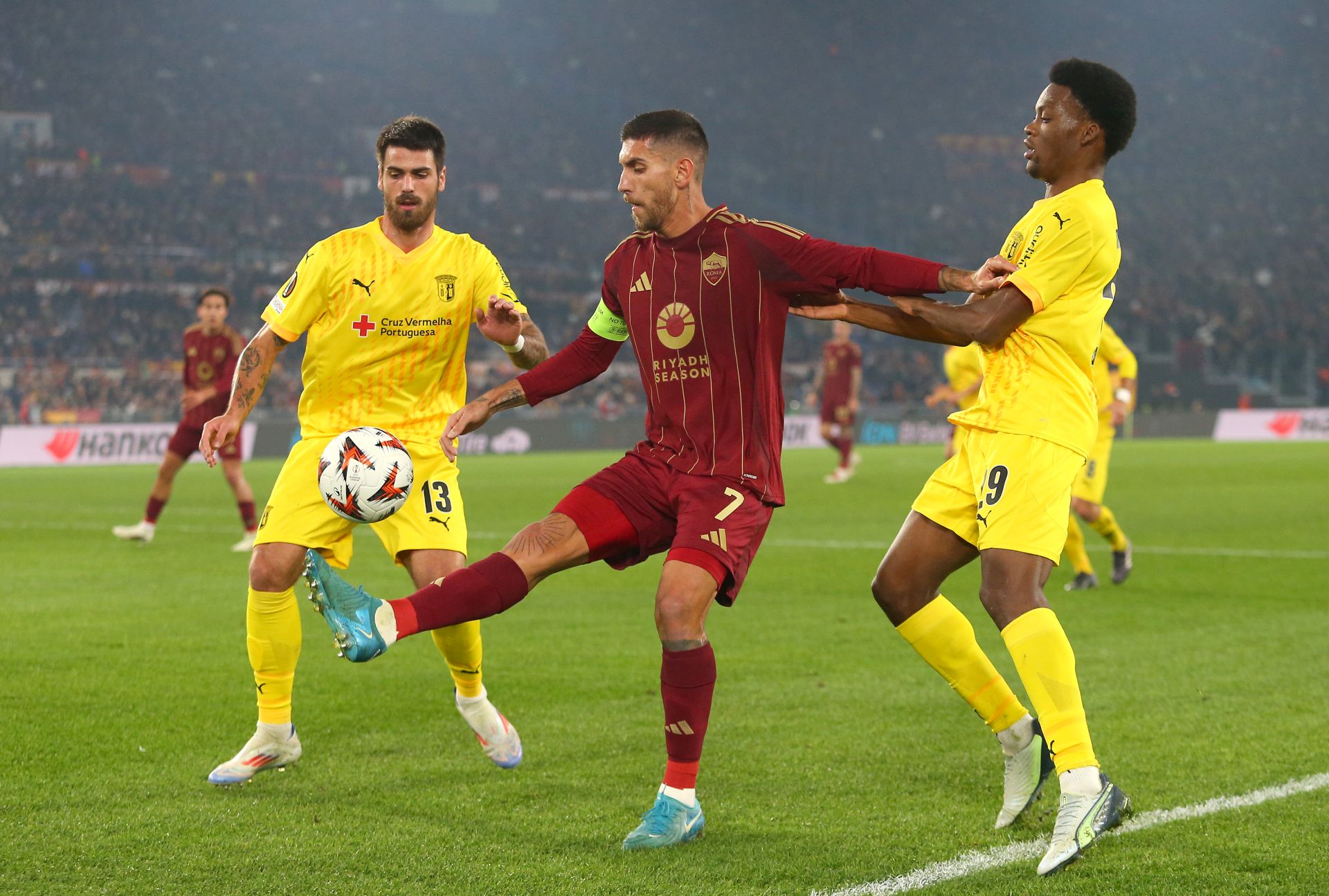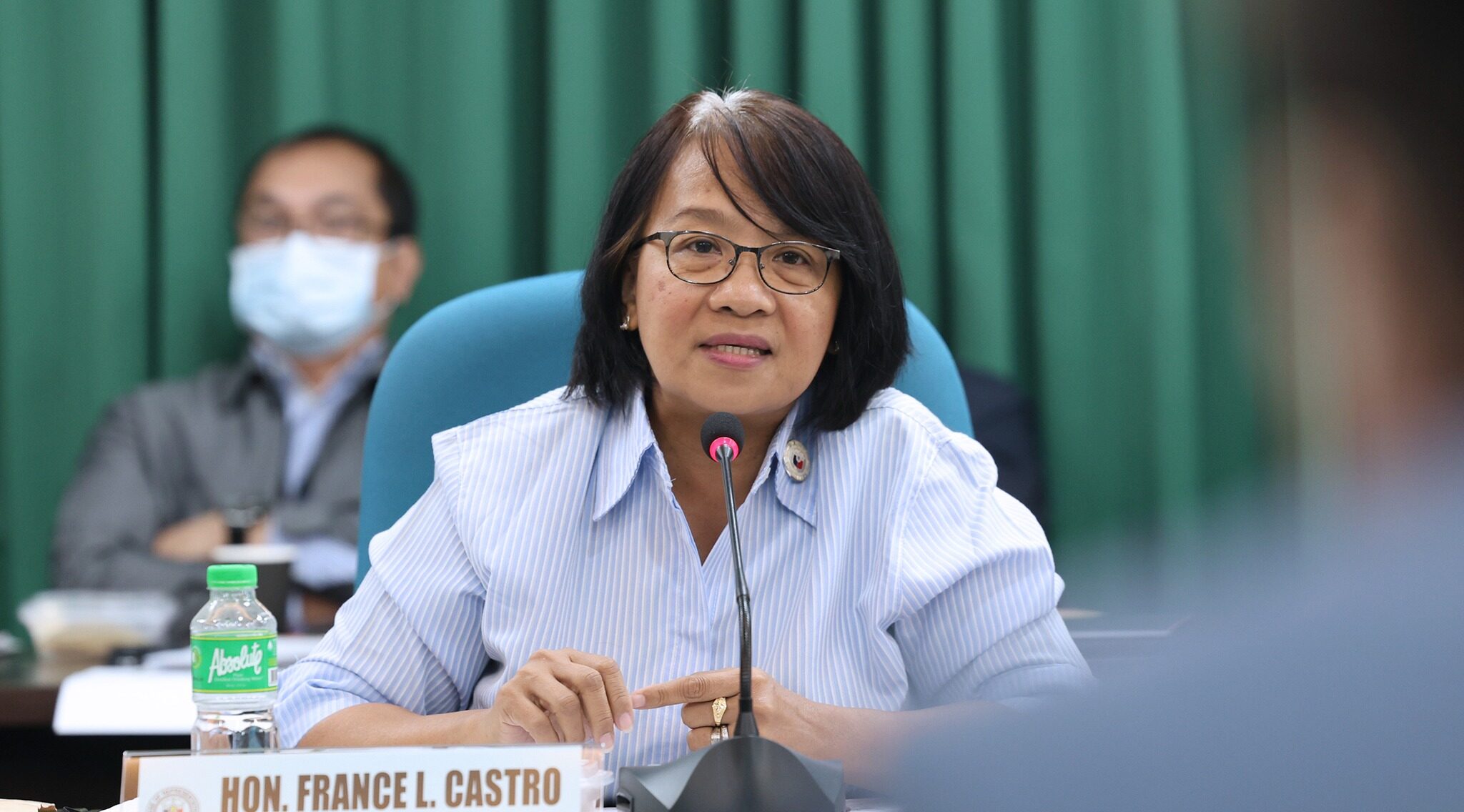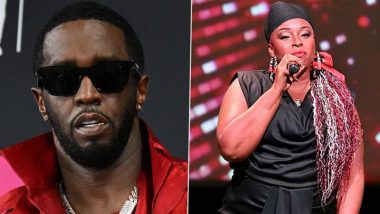
Boris Yeltsin has resigned as Russian president, taking the country and the rest of the world completely by surprise. Mr Yeltsin made the shock announcement live on Russian television and said Prime Minister Vladimir Putin will take over as acting president, with elections now due to take place on 26 March 2000. “I am going.
I am going earlier than my established time,” he said. The 68-year-old had repeatedly said he would serve out his second and final term in office, which was meant to continue until June 2000. Mr Yeltsin asked for forgiveness for what he called the errors of his administration, and said Russia needed to enter the new century with new political leaders.

He said: “I want to beg forgiveness for your dreams that never came true. And also I would like to beg forgiveness not to have justified your hopes.” It was an unusual admission from a man who, during his eight years as president, rarely said he was wrong.
Mr Yeltsin’s time in office has been a traumatic one for Russia which, since the collapse of the Soviet Union in 1991, has had to transform itself from a state-run economy into a free-market one. He spearheaded economic reforms that have favoured some but seen the living standards of many worsen. In 1998 the rouble lost 70% of its value against the dollar and 29% of the population (42 million people) were living below the poverty line.
But US President Bill Clinton praised Mr Yeltsin for bringing democracy to Russia, and UK Prime Minister Tony Blair said the world was “more stable and secure” as a result of the former president’s leadership. Courtesy BBC News In context Boris Yeltsin’s presidency had become increasingly unpopular as well as unpredictable. The country suffered from widespread corruption and enormous political and social problems.
Mr Yeltsin played a key role in bringing down the Soviet Union in 1991 but this euphoria was short lived. By the time he left office his radical economic reforms had led to the irreversible destruction of the Soviet economic system. One third of the country was living below the poverty line, free healthcare was for most a distant memory, and the country’s population was rapidly shrinking.
He later described his decision to send the Russian army into the breakaway republic of Chechnya, at the end of 1994, as his greatest mistake. An estimated 100,000 people lost their lives and in 1996 the Russian army was forced into a humiliating withdrawal – before it was sent back again in 1999..











